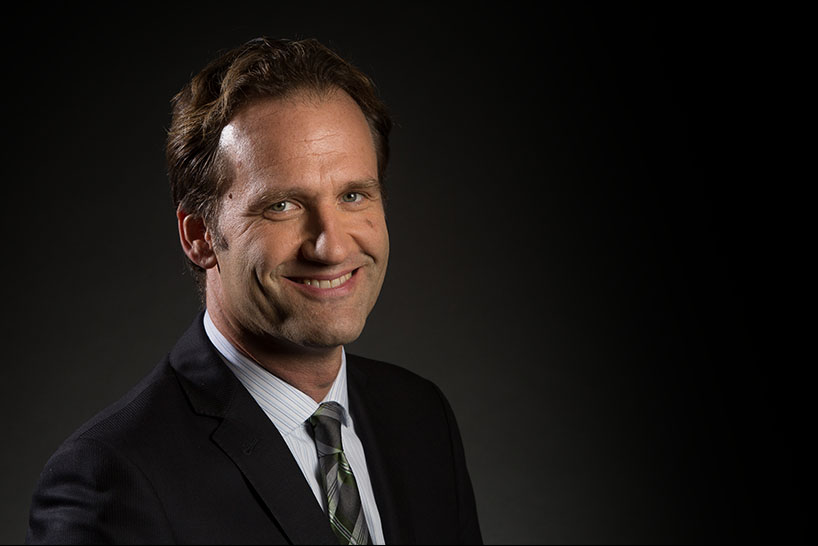Definition of Disability
Proving a disability to receive benefits from the Social Security Administration (SSA) can be difficult. The SSA evaluates disability claims using its own medical experts and claims examiners. Just because your personal doctor says you cannot work full time or you believe that you are disabled does not necessarily mean the SSA will agree with your doctors or with you.
To meet the SSA’s definition of disability, you must meet the following requirements:
- You must have a physical or mental impairment;
- The impairment must prevent you from doing any substantial gainful work; and
- The disability must be expected to last, or have lasted, at least 12 months, or it must be expected to result in death.
The basic rule regarding disability is that the condition preventing you from working must be a medical one, meaning that it can be discovered and described by doctors and proved by acceptable clinical and laboratory diagnostic techniques such as x-rays, MRI or clinical examinations. In other words, the SSA will not rely only on your description of your symptoms and limitations. To prove you have a medically determinable condition, you will need medical records from a doctor, hospital or clinic where you have been treated, describing the medical condition that prevents you from working, stating how the medical condition limits you, and stating that your disability is expected to last for 12 months or result in your death. You must have medical treatment and continue to have medical treatment to prove your disability.
In deciding whether you can do any “substantial gainful work,” the SSA will first consider whether your condition prevents you from doing any job you did full-time during the last 15 years. If your disability prevents you from doing any of your usual full-time jobs, the SSA will next decide whether you are able to do any other kind of full-time work for pay. In making this decision, the SSA will look at your age, education, training, work experience and whether you can be trained for a new job. The SSA looks at whether you can do any kind of paid work and whether there are actually any such jobs available in the national work force for that job.
Social Security Disability is not temporary or short-term disability. You cannot collect Social Security Disability Insurance (SSDI) or Supplemental Security Income (SSI) if you are only partially or temporarily, totally disabled. Even if your illness or injury is totally disabling, you will not qualify for disability benefits unless your condition is expected to last for 12 months or more, or is expected to result in death. You do not have to wait 12 months to apply, and if you recover sooner than 12 months, you do not have to pay back any SSDI benefits you received, as long as there was an original expectation that your injury or illness would last at least 12 months.
If you meet the definition of disabled, you can’t engage in any “substantial gainful employment” while you are collecting the benefits. If you earn more than a certain amount of money in one month, the SSA will say that you are no longer disabled and that you are capable of working. The threshold amount changes each year. In 2020, the threshold amounts were $2,110 per month for a blind individual and $1,260 per month for non-blind disabled individuals. This means that if you earn these amounts or more during 2020 while you are receiving disability, the SSA will determine that you are no longer disabled and terminate your disability benefits. The law requires that you immediately tell SSA that you are earning these amounts or more while you are receiving social security disability benefits. Your failure to do so may be considered a crime.
Legal Editors: Anselmo Alegria and Wiliam E. Leavitt, February 2018 (updated August 2020)
Changes may occur in this area of law. The information provided is brought to you as a public service with the help and assistance of volunteer legal editors, and is intended to help you better understand the law in general. It is not intended to be legal advice regarding your particular problem or to substitute for the advice of a lawyer.
Our Lawyers

Florian M.
LRS Lawyer
Our lawyers are screened and approved – they have all gone through an application and interview process. Each lawyer we recommend has been screened for significant experience, knowledge of ethics codes and rules, and law office practices, including customer service skills and handling of fees and billing.
About Us
When you call us, you will be speaking with an attorney. One of our attorney referral counselors takes your call and talks with you about your legal question, or reviews your online referral request. There is no charge to speak with one of our attorney referral counselors -- we’re here to help.

